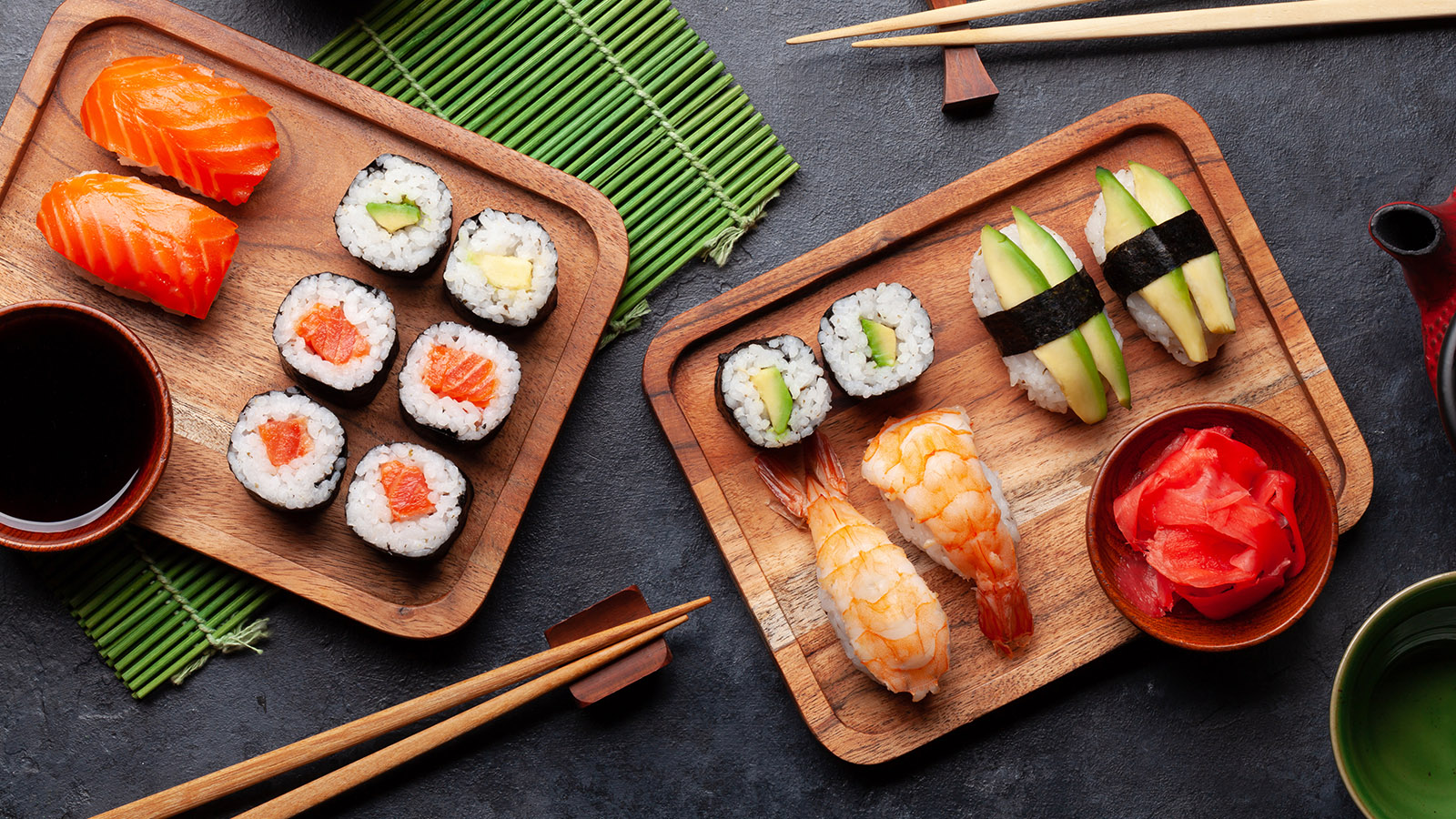Foods to Avoid Eating During Pregnancy
Get the facts on good foods to eat during pregnancy, as well as what foods to eat in moderation and what to avoid completely because of health risks for you and your baby.

By Rachel Kramer, MD, Virtua Obstetrician and Gynecologist, Virtua OB/GYN - Moorestown and Westampton
The thing pregnant women hear most is that “you’re eating for two!” What you eat is nourishing your developing baby and helping you maintain your health and energy during pregnancy.
A healthy pregnancy diet is well-balanced and emphasizes lean proteins, whole grains, healthy fats, and lots of fruits and vegetables. This helps you and your baby get necessary nutrients and vitamins, and lowers your risk of developing gestational diabetes.
However, beyond a healthy balanced diet, it’s important to know what foods are SAFE to eat.
Here’s what you need to know about what foods are healthy to eat, what should be eaten in moderation, and what to avoid altogether—and, how to minimize your risk for eating foods that could cause complications with your pregnancy.
Cooked fish
Some fish are safe to eat during pregnancy, but you should avoid eating large fish, as they live longer and are likely to have higher mercury content. Fish that's high in mercury includes big-eye tuna, swordfish, shark, tilefish, and mackerel. Eating high-mercury fish can harm a baby's nervous system as it develops.
Low-mercury fish like, shrimp, salmon, light canned tuna, and freshwater trout, are safe to eat. Dietary guidelines for pregnant people recommend eating two servings of fish per week.
Raw fish
Pregnant women should avoid sushi or any dishes that include RAW fish. Because cooking kills dangerous bacteria, ONLY cooked fish should be eaten during pregnancy.
Unpasteurized cheese
You should avoid eating cheeses made with unpasteurized milk throughout pregnancy, as pasteurization is what kills the bacteria that makes it safe to eat. Cheeses made with unpasteurized milk are usually soft cheeses like camembert, brie, and blue cheese. To be safe, check the ingredient label to see if a cheese is made with pasteurized or unpasteurized milk before eating it.
Unwashed fruits and vegetables
While it's safe to eat all varieties of fruits and vegetables during pregnancy, you should thoroughly wash everything beforehand to remove harmful bacteria. This goes for conventional or organic produce, both of which are safe and healthy to eat while pregnant.
Lunchmeat and hot dogs
Processed meats are often vulnerable to listeria (bacteria that causes food poisoning), which can cause miscarriage. Since you can't cook lunchmeat at a high enough temperature to kill listeria, avoid eating it during pregnancy.
Raw eggs
Beyond unbaked cookie dough, raw eggs can turn up in everyday foods like Caesar dressing and homemade mayonnaise—or holiday treats like eggnog. Avoiding raw eggs reduces risk of contracting salmonella (bacteria that causes food poisoning).
Caffeine
The March of Dimes states it’s safe to consume about 200 milligrams of caffeine, or the equivalent of 12 ounces of coffee a day, during pregnancy. Heavy caffeine consumption can cause temporary heart irregularities in the baby. However, consuming high levels of caffeine while pregnant—such as drinking 6 or more cups of coffee per day—also puts pregnant women at higher risk for miscarriage.
Alcohol and drugs
When it comes to alcohol and drugs during pregnancy: "Just say no."
Always bring your food concerns and questions to your OB/GYN to discuss what's best for you.
Virtua Health is here to help you have a healthy pregnancy
Find a Virtua OB/GYN near you and schedule an appointment online. Or, call a Virtua women's health navigator at 844-896-6367.
